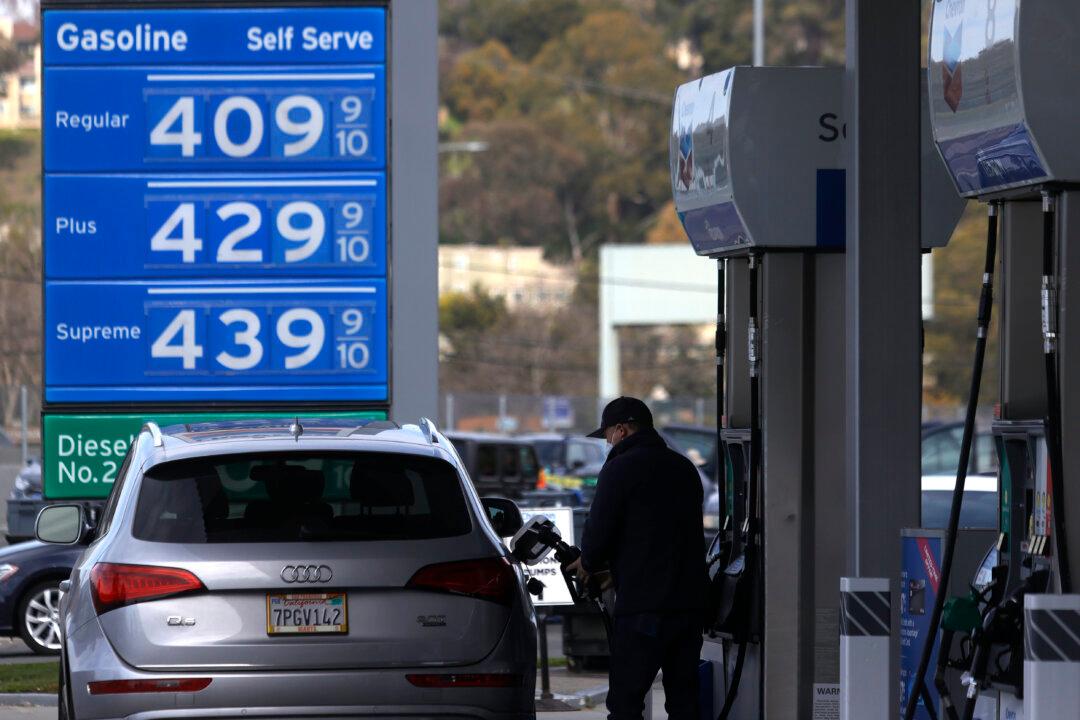WASHINGTON—Economists have started to feel more uncomfortable that the Federal Reserve could be too complacent with its inflation forecast and end up tightening the monetary policy a bit too late to prevent harmful inflation.
Some economists have been warning for months that excessive government spending to help the country recover from the pandemic-induced recession could overheat the economy and fuel inflation.





